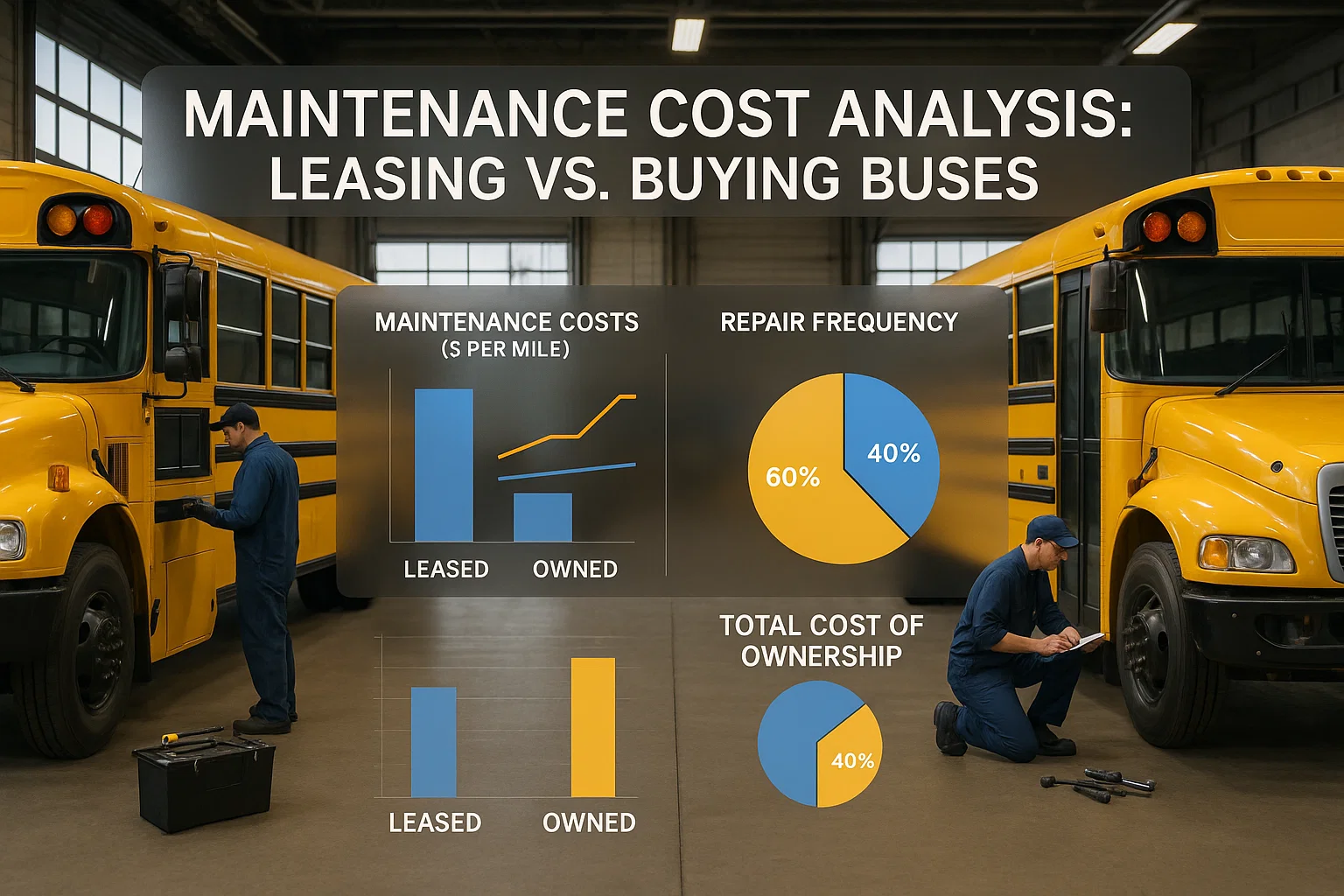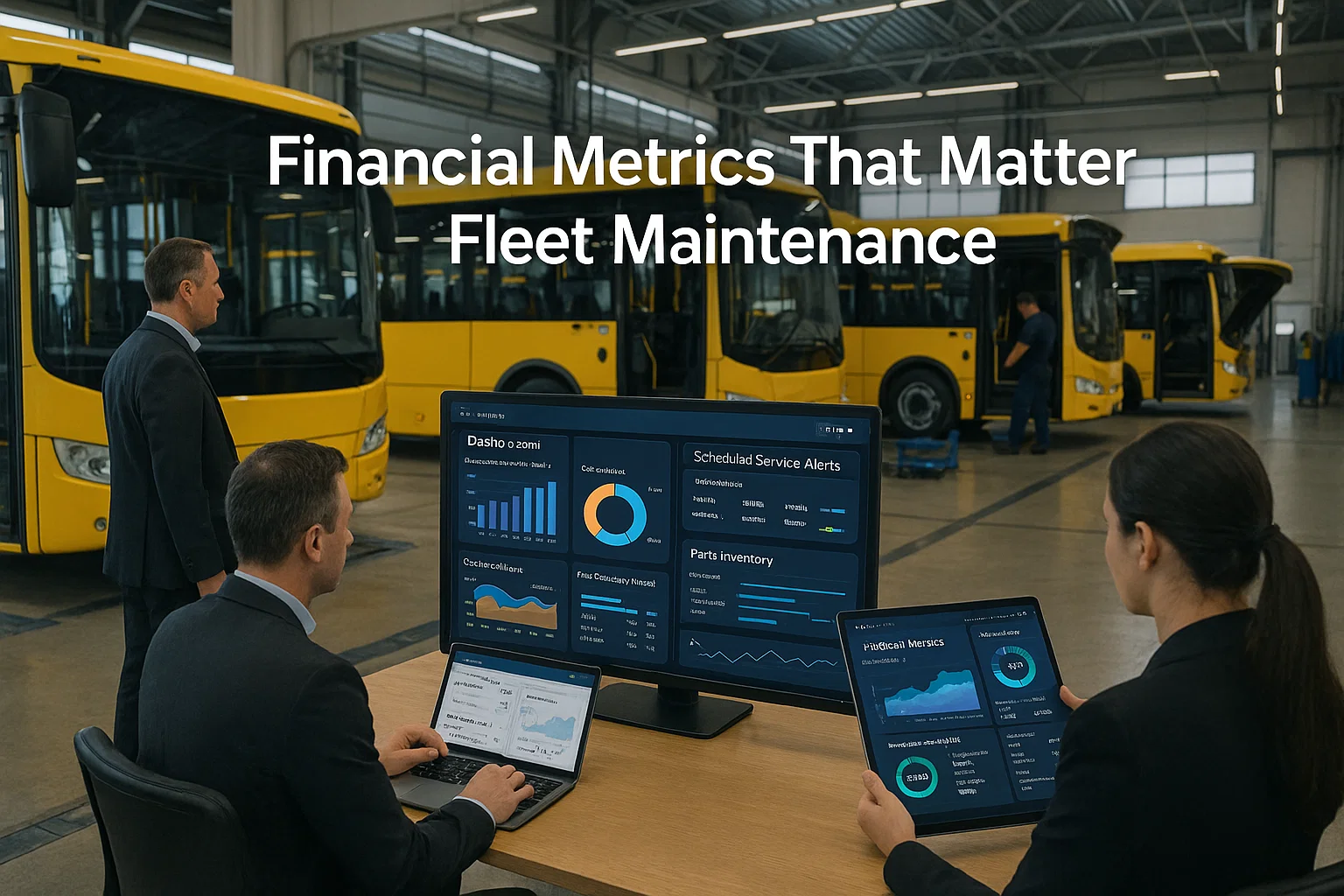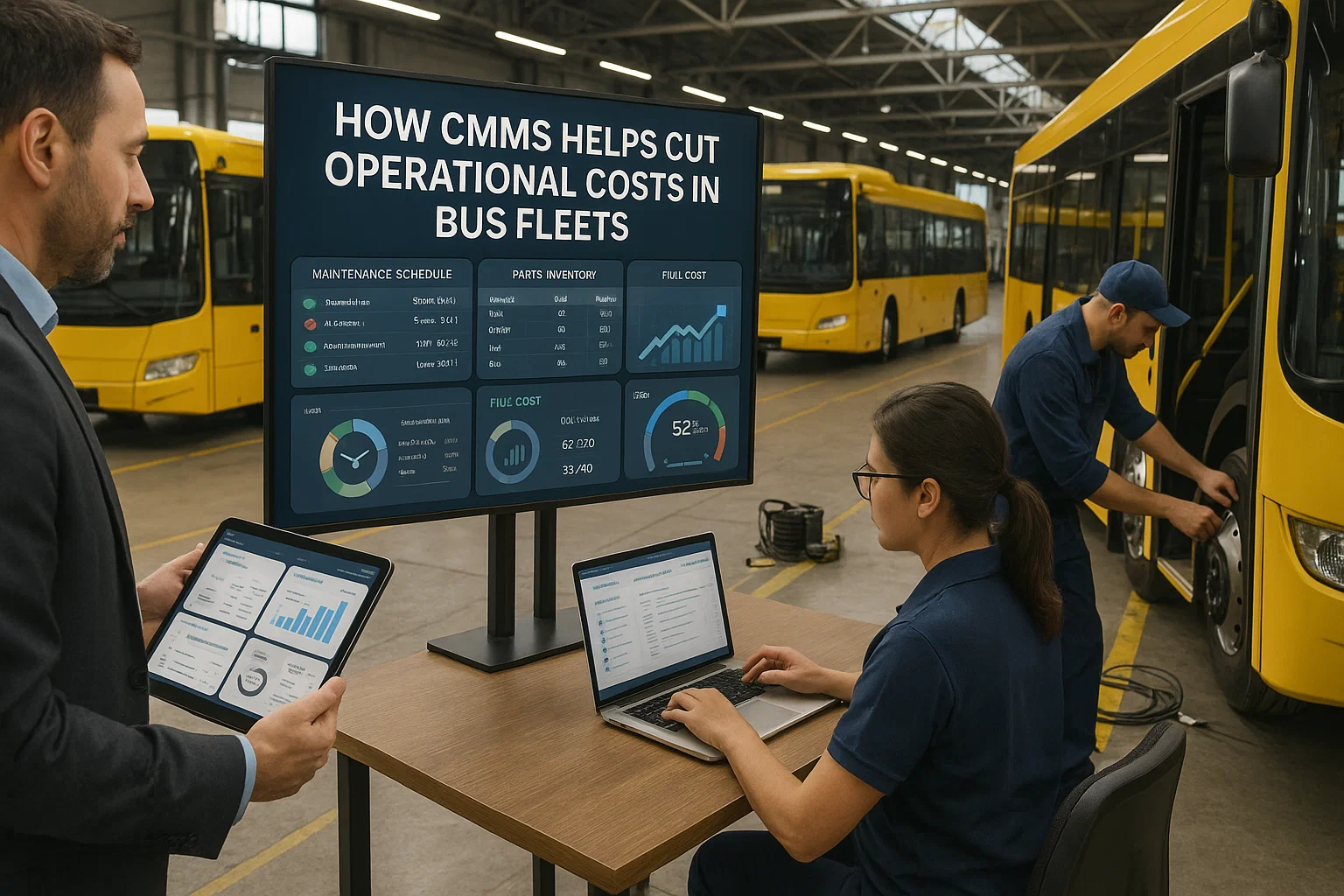Fuel management represents one of the most significant operational expenses for US transit agencies, often accounting for 15-20% of total operating budgets. Traditional manual fuel reporting processes are prone to errors, time-consuming, and fail to provide the real-time insights needed for effective cost control and operational optimization.
The complexity of modern fleet operations demands sophisticated fuel tracking systems that can handle multiple fuel types, varying consumption patterns, and complex regulatory reporting requirements. Transit agencies managing diverse fleets face unique challenges in consolidating fuel data across different vehicle types, fueling locations, and operational schedules.
Implementing automated fuel reporting through Bus CMMS systems transforms this critical aspect of fleet management. Advanced automation capabilities reduce reporting errors by up to 95% while cutting administrative time by 70%, allowing staff to focus on strategic fuel management initiatives rather than manual data entry.
Automated Fuel Reporting Architecture
Modern Bus CMMS platforms integrate multiple data sources to create comprehensive fuel reporting systems. These architectures combine telematics data, fuel card transactions, tank monitoring systems, and manual entries into unified reporting dashboards that provide complete visibility into fuel consumption patterns.
Key System Components
- Real-Time Data Integration: Direct connections to fuel dispensing systems and vehicle telematics for automatic data capture
- Multi-Source Reconciliation: Automatic matching of fuel purchases with vehicle odometer readings and consumption rates
- Exception Management: Intelligent algorithms identify anomalies such as excessive consumption or potential fuel theft
- Regulatory Compliance: Automated generation of required federal and state fuel tax reports
The integration capabilities of Bus CMMS ensure that all fuel-related data flows seamlessly into centralized reporting systems, eliminating the need for manual data consolidation and reducing the risk of reporting errors.
Warning Signs of Inefficient Fuel Management
Critical Indicators Requiring Immediate Attention
- Data Discrepancies: Frequent mismatches between fuel purchases and reported consumption indicate system gaps
- Delayed Reporting: Late submission of fuel reports suggests manual processes are overwhelming staff
- Budget Overruns: Consistent fuel budget exceedances without clear explanations point to tracking deficiencies
- Compliance Issues: Audit findings or regulatory penalties highlight reporting accuracy problems
Transit agencies experiencing these warning signs can benefit significantly from implementing automated fuel reporting through Bus CMMS platforms. Early intervention prevents small inefficiencies from becoming major operational and financial challenges.
Implementation Best Practices
Successful automation of fuel reporting requires strategic planning and phased implementation. Transit agencies achieve optimal results by following proven deployment methodologies that minimize disruption while maximizing adoption rates.
Phase 1: System Assessment and Planning
Current State Analysis
Document existing fuel reporting processes, identify data sources, and map workflow inefficiencies
Requirements Definition
Establish reporting needs, compliance requirements, and integration specifications for Bus CMMS implementation
Stakeholder Alignment
Engage fuel management staff, finance teams, and operations personnel in system design decisions
Advanced Analytics and Insights
Automated fuel reporting through Bus CMMS goes beyond basic data collection to provide actionable intelligence that drives operational improvements. Machine learning algorithms analyze consumption patterns to identify optimization opportunities and predict future fuel needs.
Analytics Capabilities
- Route Efficiency Analysis: Compare fuel consumption across different routes to identify optimization opportunities
- Driver Performance Metrics: Track individual driver fuel efficiency to support targeted training programs
- Vehicle Comparison Reports: Identify vehicles with abnormal consumption patterns requiring maintenance attention
- Seasonal Trend Analysis: Predict fuel budget requirements based on historical seasonal variations
Integration with Fleet Operations
Effective fuel reporting automation requires seamless integration with broader fleet management systems. Bus CMMS platforms create unified ecosystems where fuel data enhances overall operational decision-making.
Cross-Functional Benefits
Maintenance teams utilize fuel consumption anomalies as early indicators of mechanical issues. Finance departments leverage accurate fuel reports for budget forecasting and cost allocation. Operations managers use real-time fuel data to optimize route planning and vehicle assignments.
The comprehensive integration capabilities of Bus CMMS ensure that fuel reporting becomes a strategic asset rather than an administrative burden, driving improvements across all aspects of transit operations.
Common Implementation Challenges
Overcoming Automation Obstacles
- Data Quality Issues: Address legacy data inconsistencies before automation to ensure accurate baseline metrics
- Change Resistance: Implement comprehensive training programs to build staff confidence in new systems
- System Integration: Plan for phased integration with existing fuel card and telematics systems
- Scalability Concerns: Choose Bus CMMS solutions that can grow with agency needs
ROI and Performance Metrics
Transit agencies implementing automated fuel reporting through Bus CMMS typically achieve return on investment within 6-12 months. Key performance improvements include:
Administrative Efficiency
70% reduction in time spent on fuel report preparation and 95% decrease in data entry errors
Cost Savings
3-5% reduction in overall fuel costs through improved monitoring and optimization
Compliance Excellence
100% on-time regulatory reporting and elimination of compliance-related penalties
Future-Proofing Fuel Management
As transit agencies transition to alternative fuel vehicles, the complexity of fuel reporting increases exponentially. Bus CMMS platforms designed with flexibility can accommodate electric charging data, hydrogen fuel consumption, and traditional diesel/CNG reporting within unified frameworks.
Emerging Capabilities
Next-generation fuel reporting systems incorporate predictive analytics for fuel price forecasting, carbon footprint tracking for sustainability reporting, and integration with smart city infrastructure for optimized fueling strategies. Agencies investing in comprehensive Bus CMMS solutions position themselves for seamless adaptation to evolving fuel management requirements.
Frequently Asked Questions
How does Bus CMMS ensure fuel report accuracy compared to manual methods?
Bus CMMS eliminates human error through automated data capture from multiple sources including fuel cards, telematics systems, and tank monitors. The system automatically validates data consistency, flags anomalies, and reconciles discrepancies in real-time. This multi-layered verification process ensures 95% greater accuracy than manual reporting while providing audit trails for every transaction. Advanced algorithms also detect patterns indicating potential fuel theft or system manipulation, protecting agencies from losses that often go unnoticed in manual systems.
What makes Bus CMMS ideal for multi-fuel fleet management?
Bus CMMS excels at managing diverse fuel types through its flexible architecture that accommodates diesel, CNG, electric charging, hydrogen, and hybrid systems within a single platform. The system automatically adjusts reporting metrics based on fuel type, converting different units of measurement for unified analysis. This capability is crucial for transit agencies transitioning to alternative fuels, as it provides comparative analytics across fuel types, tracks infrastructure utilization, and generates compliance reports specific to each fuel category without requiring separate systems or manual consolidation efforts.
Transform Your Fuel Management Today
Automated fuel reporting represents a critical evolution in transit fleet management, delivering immediate operational benefits while positioning agencies for future success. The integration of comprehensive fuel management capabilities within Bus CMMS platforms creates unprecedented opportunities for cost control, operational efficiency, and regulatory compliance.
US transit agencies can no longer afford the inefficiencies and risks associated with manual fuel reporting. The proven benefits of automation – from 70% time savings to 95% error reduction – make the transition to automated systems not just advisable but essential for competitive operations.
Ready to Automate Your Fuel Reporting?
Discover how Bus CMMS can revolutionize your fuel management processes and deliver measurable ROI for your transit agency.








